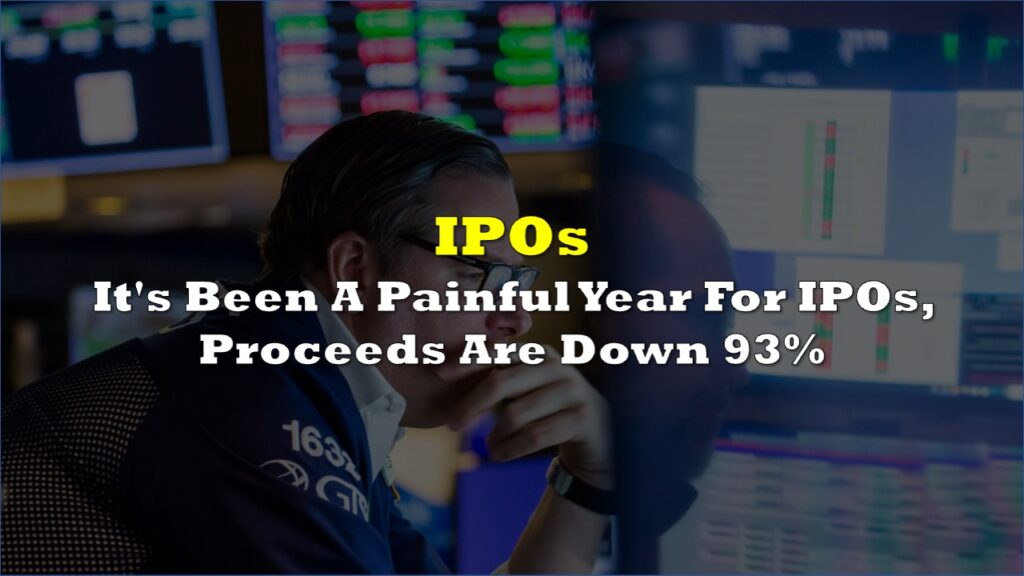Prominent debt rating agency S&P Global has made the surprising decision to cease its practice of providing numerical ESG scores to corporate borrowers.
Since 2021, S&P has been rating companies on a scale of one to five, based on their exposure to ESG risks. As an illustration, Visa was scored a two for both environmental and social criteria, and a three for governance. On the other hand, Ohio-based utility company FirstEnergy, which faced corruption charges, was given a second-lowest score of four for governance.
However, in a recent move, S&P announced that it would shift to solely textual analysis for ESG considerations, arguing that detailed narrative paragraphs in credit reports offer clearer transparency on material ESG factors. This decision sets S&P apart from its competitor, Moody’s, which continues to use a numerical system.
“We have determined that the dedicated analytical narrative paragraphs in our credit rating reports are most effective at providing detail and transparency on ESG credit factors material to our rating analysis,” the agency said in a statement.
Interestingly, this move follows close on the heels of Republican criticism of Wall Street’s ESG adoption, with conservative state attorney-generals even launching a probe into S&P’s ESG scoring system last year.
University of Michigan business school professor Tom Lyon views this as S&P— which wields considerable power by influencing a company’s borrowing costs— succumbing to Republican pressures. He also highlighted genuine issues with ESG ratings, noting their inconsistency and lack of reliability. “They are not that reliable and they disagree,” he added, as cited by the Financial Times.
Information for this story was found via S&P Global and the sources mentioned within the article. The author has no securities or affiliations related to the organizations discussed. Not a recommendation to buy or sell. Always do additional research and consult a professional before purchasing a security. The author holds no licenses.








